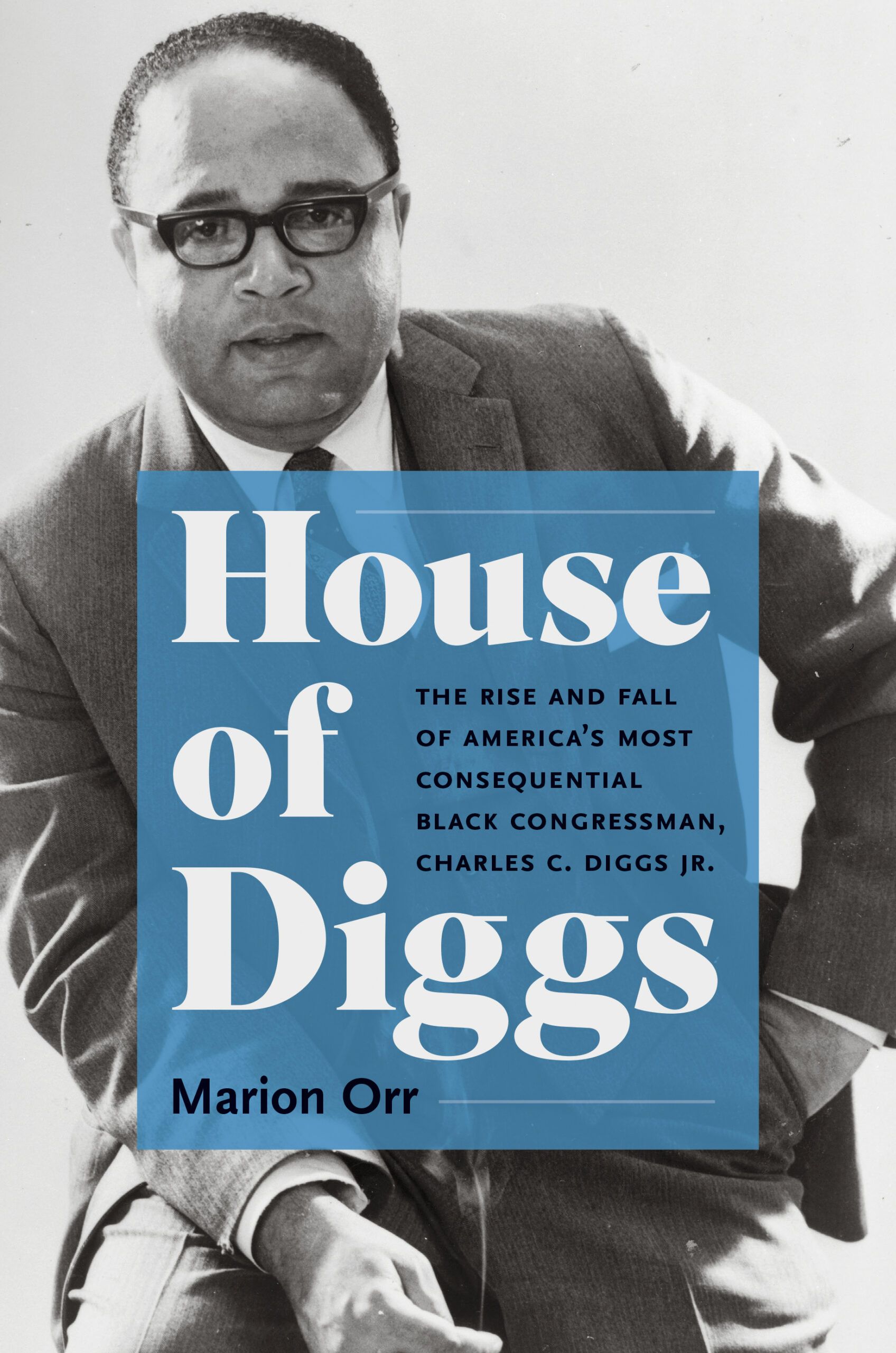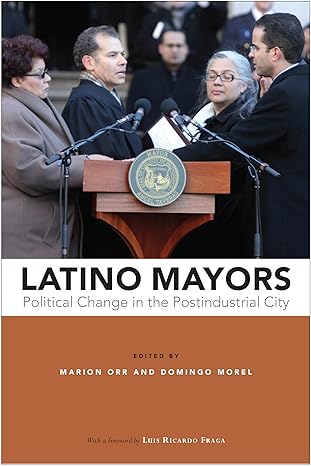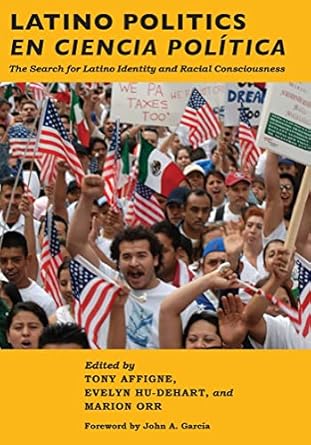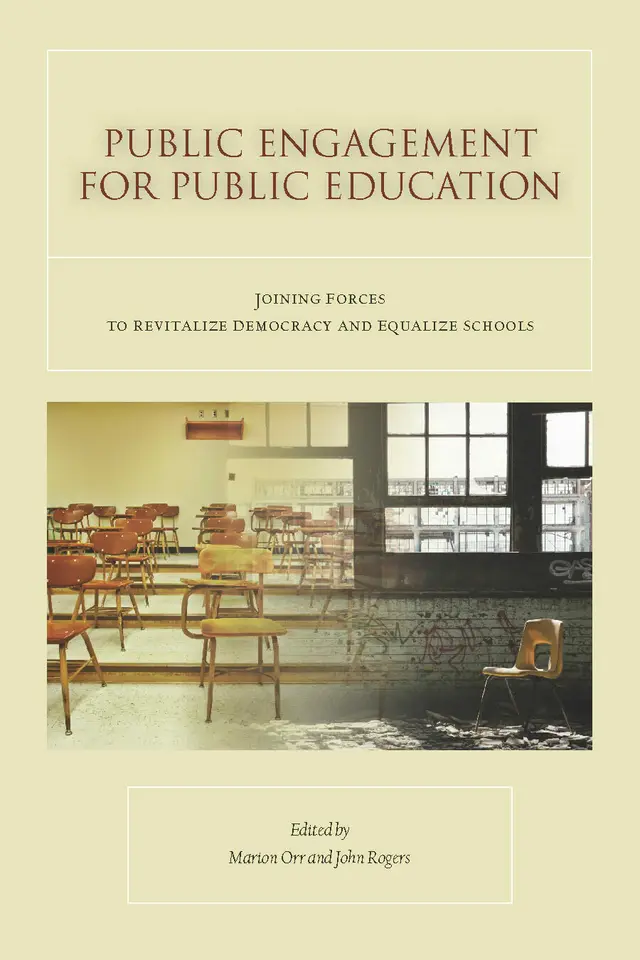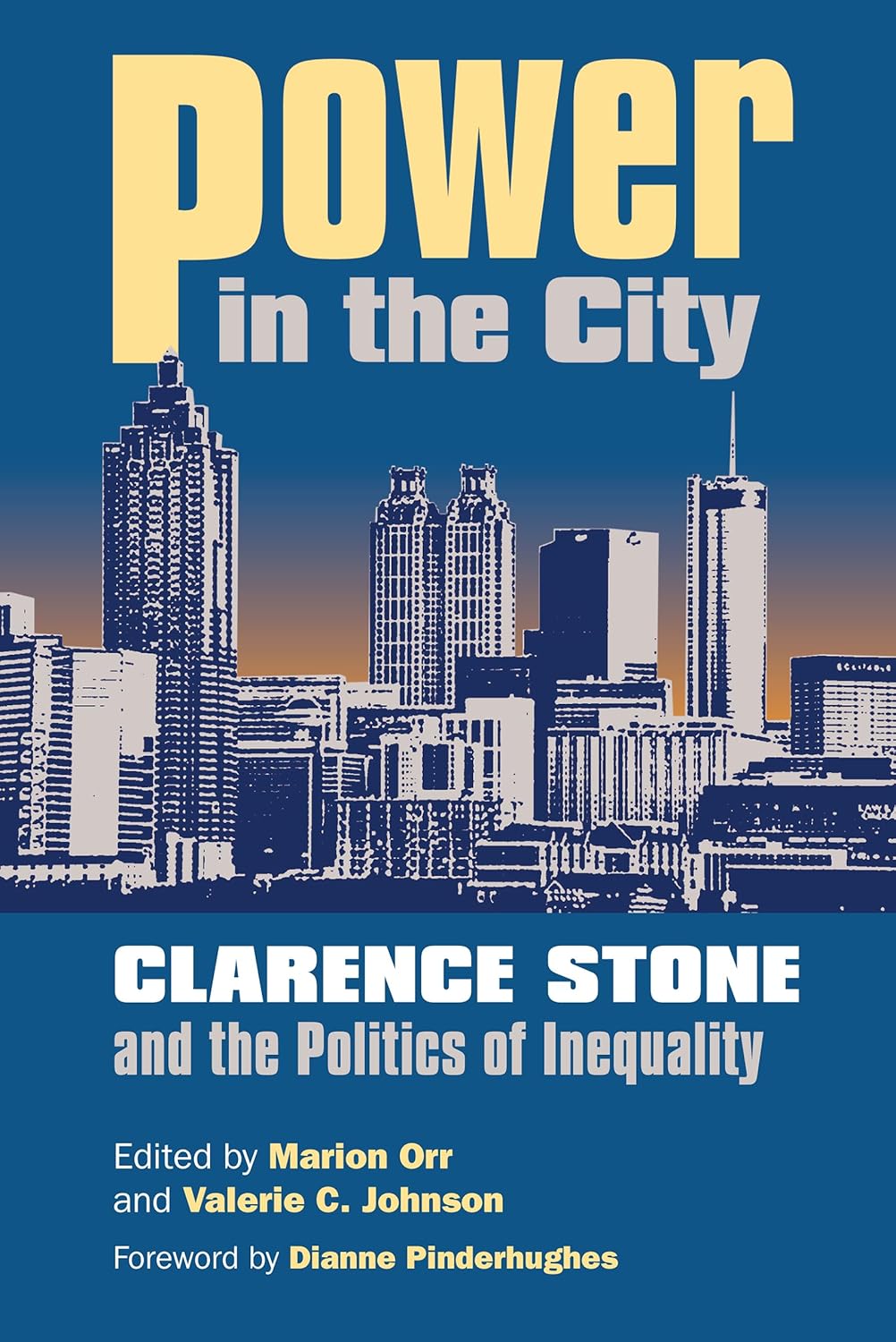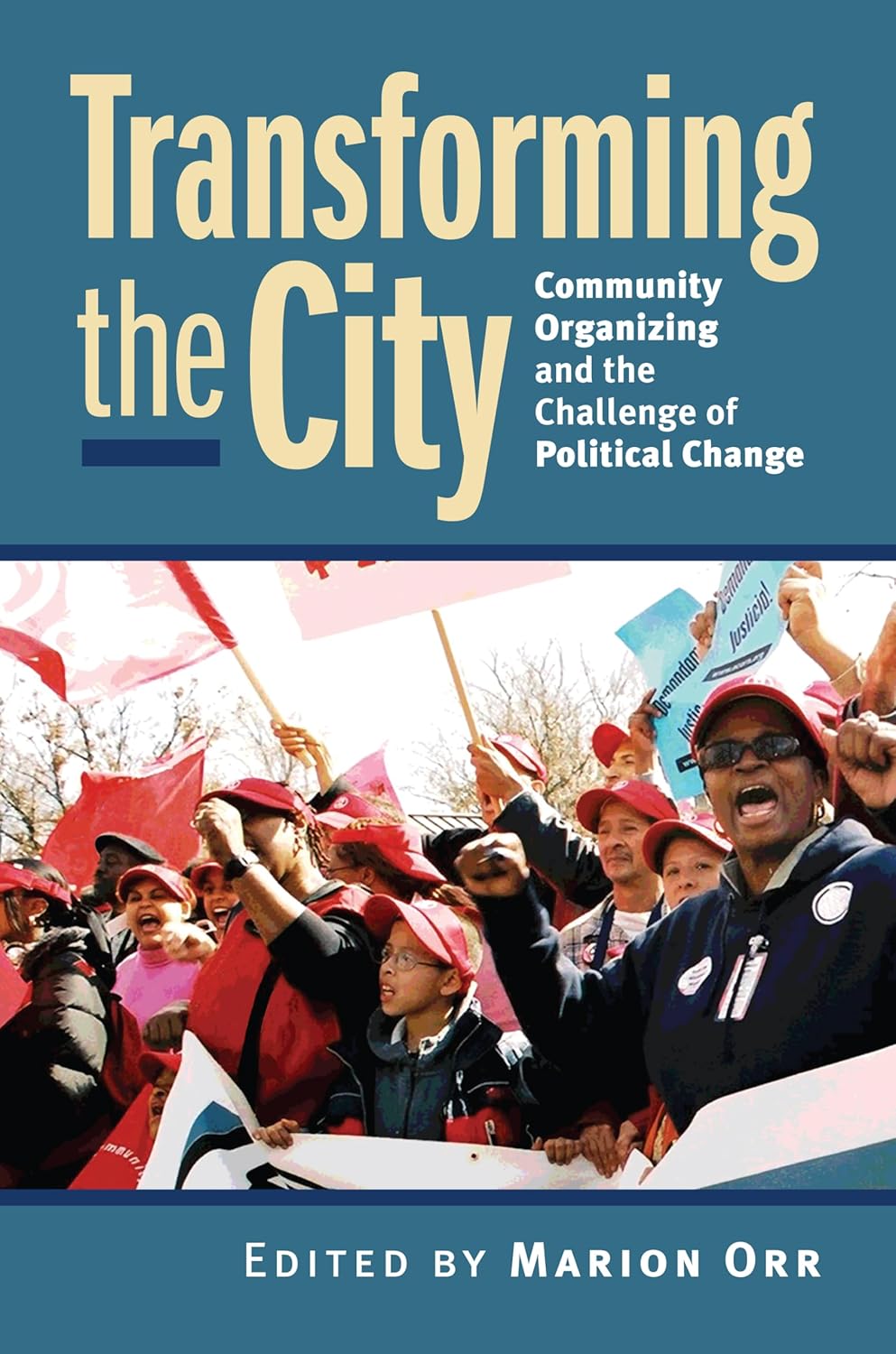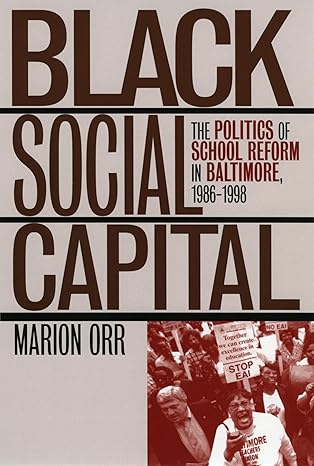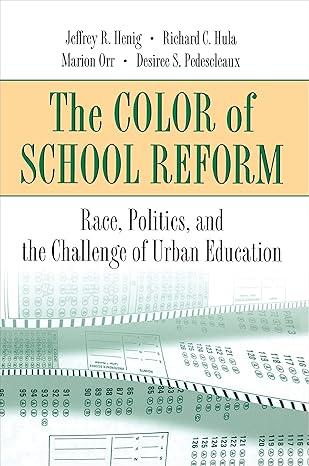Books
House of Diggs: The Rise and Fall of America’s Most Consequential Black Congressman, Charles C. Diggs, Jr.
Vividly written and deeply researched, The House of Diggs is the first biography of Congressman Charles C. Diggs, Jr., perhaps the most consequential Black federal legislator to ever serve in the U.S. Congress. Congressman Diggs was a legislative lion whose unfortunate downfall at the end of a distinguished career helped to push him and his historic accomplishments out of sight. Now, for the first time, The House of Diggs gives Diggs his much-deserved place in the history of American politics.
Latino Mayors: Political Change in the Postindustrial City
As recently as the early 1960s, Latinos were almost totally excluded from city politics. This makes the rise of Latino mayors in the past three decades a remarkable American story—one that explains ethnic succession, changing urban demography, and political contexts. The vibrant collection, Latino Mayors, features case studies of eleven Latino mayors in six American cities: San Antonio, Los Angeles, Denver, Hartford, Miami, and Providence.
Latino Politics en Ciencia Politica: The Search for Latino Identity and Racial Consciousness
More than 53 million Latinos now constitute the largest, fastest-growing, and most diverse minority group in the United States, and the nation’s political future may well be shaped by Latinos’ continuing political incorporation. In the 2012 election, Latinos proved to be a critical voting bloc in both Presidential and Congressional races; this demographic will only become more important in future American elections. Using new evidence from the largest-ever scientific survey addressed exclusively to Latino/Hispanic respondents, Latino Politics en Ciencia Política explores political diversity within the Latino community, considering how intra-community differences influence political behavior and policy preferences.
Public Engagement for Public Education: Joining Forces to Revitalize Democracy and Equalize Schools
Community participation plays a large role in the success or failure of our public schools. This book focuses attention on the problem of inequality in public engagement, considering how race, class, ethnicity, language, and immigration status shape opportunities for engagement. Without the active participation of the public, chances for improving school systems are limited. Without equal opportunity for public engagement, those in the lower reaches of stratified society are left largely on the outside looking in—and that all too easily becomes a self-perpetuating cycle.
Power in the City: Clarence Stone and the Politics of Inequity (Studies in Government and Public Policy)
A leading theorist in urban politics, Clarence Stone redefined the field with his prize-winning book Regime Politics and is now acknowledged as the father of “regime analysis.” Over the course of four decades, he has examined political power and leadership, race and politics, and the politics of social reform in urban settings through writings that have critiqued, debated, and recast large questions about democracy and inequality.
Transforming the City: Community Organizing and the Challenge of Political Change (Studies in Government and Public Policy)
As an avenue for progressive politics in a nation still skeptical of change, community organizing today faces significant challenges. This book assesses that activity within the context of political, cultural, social, and economic changes in cities—from World War II to the present—to show how community-based organizations have responded to these challenges.
Black Social Capital: The Politics of School Reform in Baltimore, 1986-1999 (Studies in Government and Public Policy)
Deindustrialization, white flight, and inner city poverty have spelled trouble for Baltimore schools. Marion Orr now examines why school reform has been difficult to achieve there, revealing the struggles of civic leaders and the limitations placed on Baltimore’s African-American community as each has tried to rescue a failing school system.
The Color of School Reform: Race, Politics, and the Challenge of Urban Education
Why is it so difficult to design and implement fundamental educational reform in large city schools in spite of broad popular support for change? How does the politics of race complicate the challenge of building and sustaining coalitions for improving urban schools? These questions have provoked a great deal of theorizing, but this is the first book to explore the issues on the basis of extensive, solid evidence.
